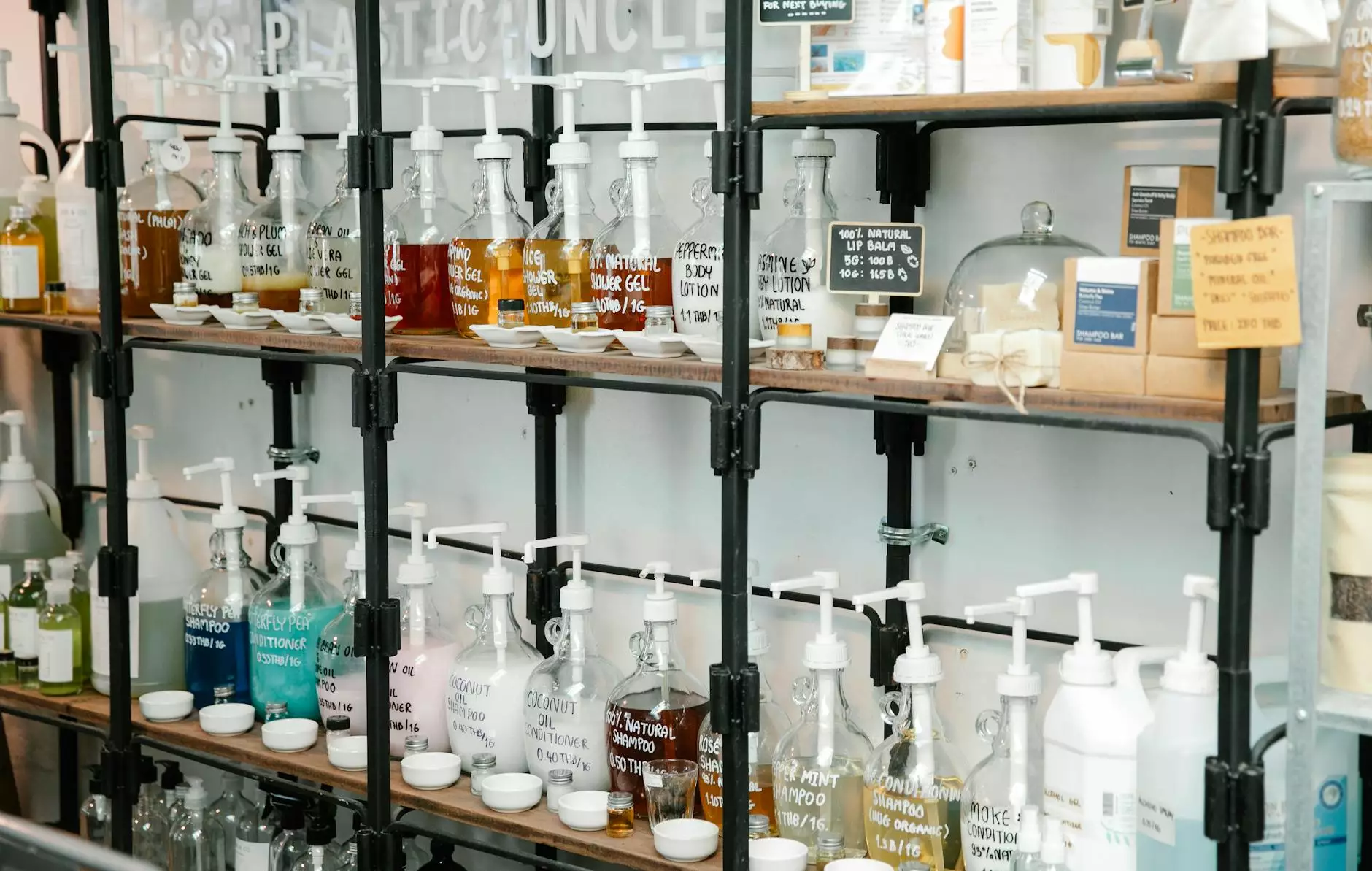Choosing the Right Water Purifier Supplier for Your Business Needs

The importance of clean drinking water cannot be overstated. In today's world, where water contamination is a serious issue, having access to pure and safe drinking water is crucial for both health and well-being. As a responsible entity, whether you're a business or an individual, understanding how to find the best water purifier supplier becomes imperative. This article provides a detailed exploration of water purification services, suppliers, and the best practices for maintaining clean water.
Understanding Water Purification
Water purification is the process of removing undesirable contaminants from water to make it safe for consumption. The methods used can vary significantly based on the water quality and the level of purity required. Some common methods include:
- Filtration: Utilizing physical or chemical means to remove impurities.
- Reverse Osmosis (RO): This advanced filtration technique uses a semipermeable membrane to remove larger particles and contaminants.
- Ultraviolet (UV) Radiation: This method uses UV light to disinfect water by destroying bacteria and viruses.
- Distillation: Boiling water and condensing the vapor to remove impurities.
Why You Need a Reliable Water Purifier Supplier
Choosing the right water purifier supplier is critically important for several reasons:
- Quality Assurance: A reputable supplier provides high-quality products that meet safety standards.
- Customized Solutions: Different businesses or households have varying needs based on their water source and usage; the right supplier can offer tailored solutions.
- Expert Guidance: Suppliers often offer expert advice on the most suitable purification systems for your specific requirements.
- Maintenance and Support: Reliable suppliers offer after-sale services such as installation, maintenance, and repairs, ensuring your purification system runs smoothly.
How to Identify the Best Water Purifier Supplier
When searching for a water purifier supplier, keep the following factors in mind:
1. Check Credentials and Certifications
Always verify that the supplier has the necessary certifications that proof their products meet safety and quality standards. Look for certifications from recognized bodies which pertain to water safety and environmental health.
2. Evaluate the Product Range
A good supplier should offer a wide array of water purification systems to cater to different needs. This includes various brands and models of purifiers that utilize different purification technologies.
3. Read Customer Reviews
Customer feedback is invaluable when selecting a supplier. Browse online reviews and testimonials to gauge the satisfaction level of previous customers and identify common issues.
4. Ask About Warranty and Support Services
A reliable supplier should provide *warranties* on their products and support services to assist you in case of any issues post-purchase.
Water Purification Services: What You Should Know
When engaging a water purifier supplier, it’s essential to understand the range of services they offer. Here are standard services provided:
- Installation Services: Professional installation of water purification systems ensures they are set up correctly for optimal performance.
- Maintenance Services: Regular check-ups and maintenance can help prolong the life of your filtration system.
- Water Quality Testing: Many suppliers offer testing services to analyze your water quality and recommend the appropriate purification solutions.
- Emergency Support: Access to emergency services in cases of system failure is essential for ensuring a continuous supply of purified water.
The Benefits of Using a Water Purifier
Water purifiers offer numerous benefits that enhance health and safety. Key advantages include:
- Improved Taste and Odor: Purification removes chlorine and other chemicals that affect taste and smell.
- Health Benefits: Access to clean water reduces the risk of waterborne diseases.
- Environmental Impact: Using a water purifier reduces reliance on bottled water, decreasing plastic waste.
- Cost-Effective Solution: Over time, water purifiers can save money compared to buying bottled water.
Popular Water Purification Technologies
Different technologies serve varied purification needs. Understanding their features can help in making informed decisions:
Reverse Osmosis (RO)
This technology is one of the most effective means for removing dissolved salts, bacteria, and other contaminants. RO systems are especially suitable for areas with *hard water*.
Ultraviolet (UV) Purification
UV purification uses ultraviolet light to kill or inactivate bacteria and viruses, making it highly effective for microbial eradication without introducing chemicals.
Activated Carbon Filters
Excellent for removing chlorine, volatile organic compounds (VOCs), and unpleasant odors, activated carbon filters improve water taste significantly.
Common Water Quality Issues and Solutions
Various issues could plague your water supply. Understanding these can help you choose the right purification method:
- Hard Water: Contains high levels of calcium and magnesium. Solutions include reverse osmosis and water softeners.
- Chlorinated Water: Often has a strong chemical taste and odor. Activated carbon filters can effectively remove chlorine.
- Microbial Contaminants: Bacteria and viruses pose health risks. UV purification is a non-chemical method for ensuring safe drinking water.
- Heavy Metal Contamination: Common in industrial areas. RO systems are capable of removing lead and other heavy metals extensively.
Setting Up a Water Purifier System in Your Business
If you are a business looking to install a water purification system, consider the following steps:
1. Assess Your Water Needs
Determining water quality and quantity requirements is the first step in identifying the right system for your business.
2. Consult with a Supplier
Engage with a trusted water purifier supplier for recommendations based on your specific circumstances.
3. Plan for Installation
Scheduling installation at a convenient time ensures minimal disruption to business operations.
4. Train Staff on Usage and Maintenance
A trained team can oversee the daily operations of the purification system, recognizing signs of maintenance needs early.
Conclusion
In conclusion, investing in a water purifier supplier is a crucial step toward securing a reliable source of clean water. Understanding the various purification technologies and the benefits they offer can greatly improve health and efficiency in your business or home. Be proactive in choosing a supplier that provides quality services and products, and enjoy the peace of mind that comes with access to purified water.
Frequently Asked Questions
1. How often should I replace the filters in my water purification system?
Filter replacement frequency varies by system, but typically ranges from every 6 months to a year. Always refer to the manufacturer's guidelines.
2. Can I install a water purifier myself?
While some systems offer easy DIY installation, it is recommended to consult with a professional for optimal performance.
3. What are the signs that my water purifier needs servicing?
Common indicators include slow water flow, unpleasant tastes, and strange odors. If you notice these, it is time to contact your supplier.
4. Are there environmental benefits to using a water purifier?
Yes, by reducing the reliance on bottled water, water purifiers contribute to less plastic waste and a lower carbon footprint.
5. How do I choose between different types of water purifiers?
Consider factors such as your water quality, specific contaminants to remove, and your budget. Consulting with a water purifier supplier can help make this decision easier.









